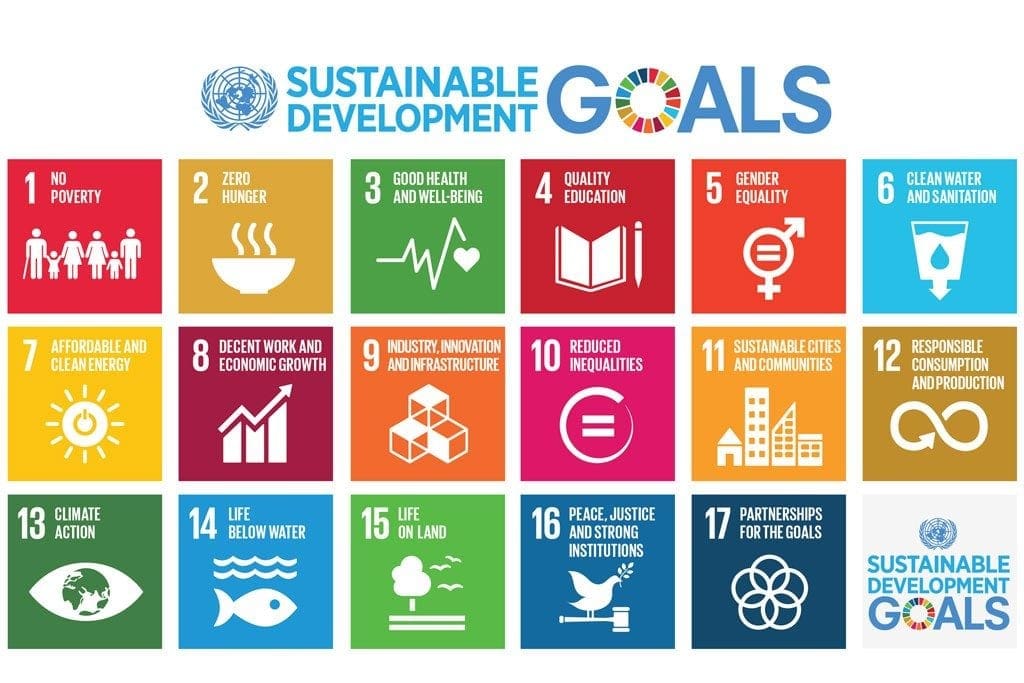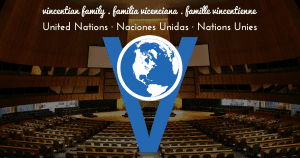The 17 Sustainable Development Goals are the backbone of the United Nation’s global plan for People, Prosperity and the Planet, with a target date of 2030 and the promise to leave no one behind.
Spoiler Alert: we aren’t going to make it. Not in the US, and not globally.

The pandemic didn’t help, of course, but COVID doesn’t get all the blame. Social programs and policies everywhere are not up to the task. Bureaucratic decisions continue to favor the wealthy and connected. The impoverished—no surprise—are left out. Pledges are made, photo-ops and press conferences make promises that then rarely make it into real practice.
The UN has the practice of calling for Member States to do Voluntary National Reviews of their progress on the SDGs. Reports typically highlight—exaggerate?—progress while glancing over—hiding?—the bad news.
In this article, let’s take an unofficial look at the US in this regard. Not because it’s more important than other countries, but because it’s the wealthiest. The US experience might enlighten other developed nations on the realities of progress.
So how is it doing on the road to 2030 and a healthier more prosperous people while protecting the planet?
The UN Development Program publishes a well-regarded report ranking countries on such key issues as the absence of poverty and hunger, good health and education, gender equality, clean air and water, and reduced inequality. Not a bad quick summary of the SDGs. The report indicates that nine of every 10 countries slid backwards on the Index for the first time in three decades.
The US ranks 41st. Not first, as many uninformed might naturally think. Not the model the country so often presents itself to be. One of the most common Poverty Myths is that the US doesn’t have much poverty, yet last year 112 million, or 34% of the country, lived at or below the poverty line. And other millions live one emergency away from joining them. Not to mention a falling life expectancy. Great GDP overall, but an economy only works well for the wealthy.
Is the US now an “un-developing” country, as suggested by Richard Eskow (Common Dreams, 9/17/2022). Is the American Empire unraveling in some significant ways? Journalists and commentators increasingly mention this possibility, and not only in the growing threats to democracy and electoral politics, but also on important measures of health, education and standards of living.
But there is always hope for the future. As Nelson Mandela and others remind us: Poverty is made by humans and can be eliminated by humans.
Clearly a new mindset is absolutely required. Treating symptoms of social issues without seeking the root causes, without addressing the systemic causes of poverty, racism, homeless etc. will never foster real, permanent change. I once heard a leader in the Vincentian Family opine that systemic change was for the Developing World. A closer look tells us we need system/structural change in the US as well.
The UN General Assembly recently issued a call for an urgent return to the foundational principles of the UN Charter to stem the world’s retreat from global solidarity and collaboration, to avoid greater polarization and to strengthen joint efforts for the common good in the (only) eight years remaining until 2030.
The Ford Foundation recently proposed three principles for reform that align well with the VinFam approach to systemic change:
- Growth is good…but not good enough. GDP AND human rights/dignity!
- Think bigger and bolder—invest in equitable development;
- Ensure that people affected by 21st century crises have a voice in shaping policies and programs that serve them.
Great suggestions. Number 3 is key: we must, especially as Vincentians, believe in the capacity of people at the grassroots level to make real change, and that solid change comes bottom up and not any other way.
If a country gets its priorities straight about just, equitable socio-economic development for all its citizens, the troubling current negative trends can surely be reversed, if not in time for the 2030 target, but in the decade to come.
Jim Claffey
NGO Representative of the CM to the UN








Excellent!